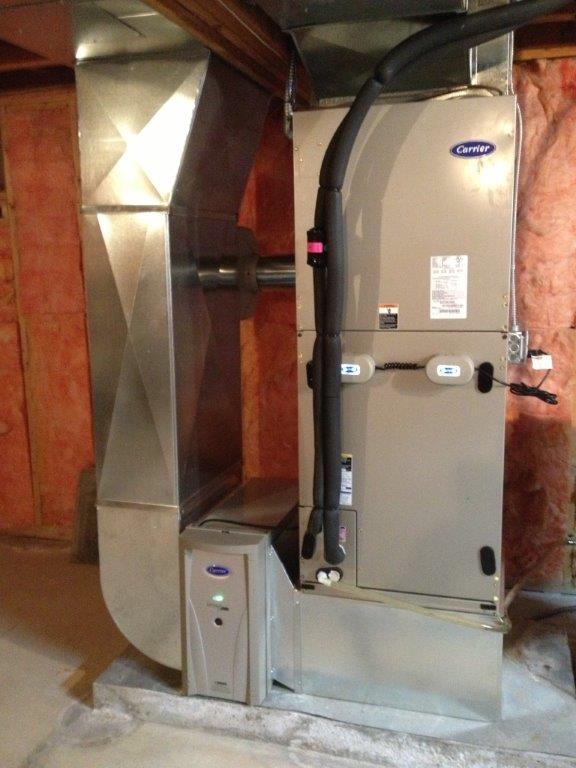
The house is never warming properly, you’re hearing disturbing mechanical grinding from the basement, you’re calling for repairs every other week and your heating system was installed in 1987; it’s time to get a new furnace. Shopping around, you may notice that there are more options on the market than ever before; people have been drumming up innovative new ways of heating your home. One of the choices you will have is between a gas furnace, and an electric one, and it’s important to understand the distinctions between each.
Gas furnaces are your classic model of furnace, but even these have adapted considerably within the last 30 years. Conventional gas furnaces have pilot lights and chimneys out of which hot air can escape; these have an annual fuel utilization efficiency (AFUE) of about 60%, meaning about 40% of the energy created is wasted. Such furnaces haven’t been sold since 1995, so if your old furnace has a pilot light, it’s a good sign it’s time to switch and save on gas. Since those days, the pilot light has been eliminated from the system, heat exchangers draw warmth from the water vapour created by burning gas heat even more efficiently, and metal chimneys have been done away with; low temperature gas is instead vented out, generally through the side wall. New model furnaces have an AFUE of 93% or more, which means you’ll be saving a lot of money on heating.
Electric furnaces are hyperefficient in terms of their AFUE; because there’s no need to vent gases, all of the electricity can go towards heating your home. While this means the energy is used efficiently, electricity is not the most efficient way of heating your home in terms of cost; natural gas creates more heat per dollar, so you’ll be spending more to power your electric furnace, even though it’s more efficient in terms of wasted energy. Kind of confusing, we know, but the summary is this: it costs more to heat your house with electricity.
That creates an interesting choice for consumers, because electric furnaces tend to be a bit cheaper to install; do you spend money now to get more savings on energy cost by getting a gas furnace, or do you splurge a little less, get an electric furnace, and pay more down the line? You could ostensibly put the money you saved on your electric heater into the stock market or some other investment, but that’s a bit less secure.
It’s worth noting that gas furnaces are marginally more dangerous than electric ones; because there’s natural gas, there’s always the risk of carbon monoxide leaks, or worse still, a gas explosion. The latter is extraordinarily unlikely, and the former is also improbable, but the potential dangers are one of the many reasons it’s important to hire a highly qualified Winnipeg furnace installation contractor to get your furnace installed.
Now for the green elephant in the room: aren’t gas furnaces bad for the environment? The answer is: kind of, but so are electric furnaces. Most utilities will burn coal or other fossil fuels to generate electricity for your furnace, so CO2 is being released into the atmosphere either way. “But I’m in Manitoba”, a hypothetical reader might say “We use hydroelectric power, and it’s fine for the environment”! True, dear reader as writing device, but if we have more of that hydroelectric power to sell, we can sell it to people who would otherwise generate their electricity by coal! In a global economy, it’s almost impossible to measure your carbon footprint, so just do your best.

